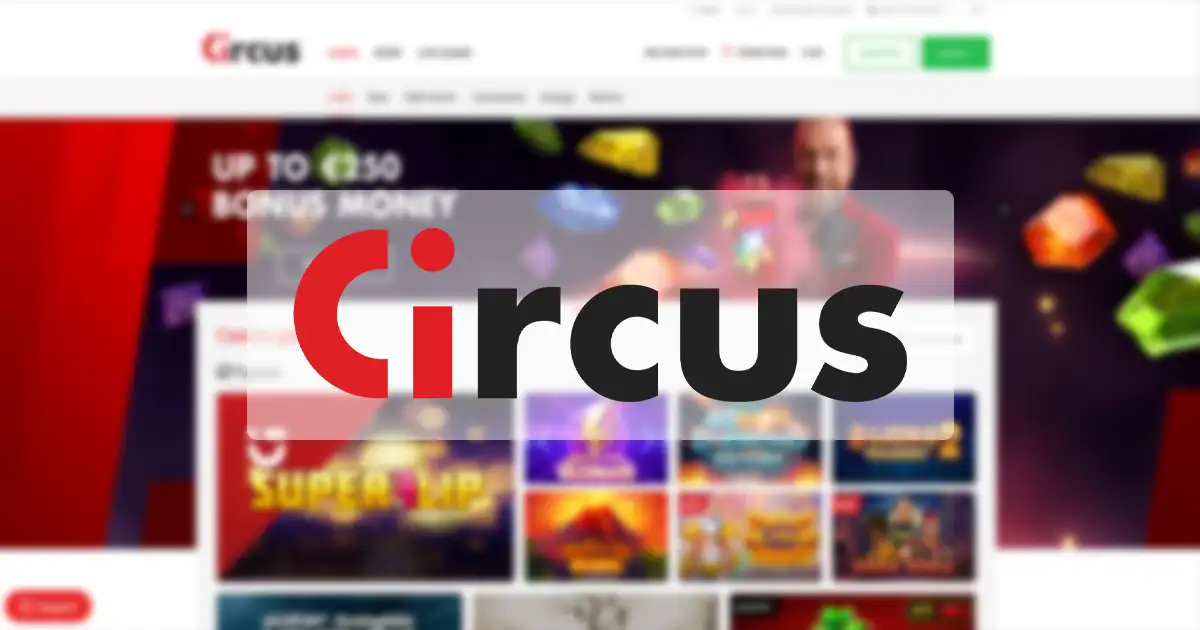Circus Daily under CDJ scrutiny: real media or advertising in disguise?
Since its launch, Circus Daily has presented itself as an independent sports media dedicated to football, cycling and, more broadly, Belgian sports. However, barely a few months after it went online, the Council for Journalistic Ethics (CDJ) asked for clarification, thereby striking at the main mission of this new medium: to inform, or to promote a gambling operator?
The crux of the debate: Circus Daily has its origins in Circus, a well-known sports betting site. The two share the same name, the same visual identity and belong to the same group (Ardent Group). Behind the façade of journalistic coverage, the CDJ has its doubts: are they really providing an independent editorial line, or are they using a sports media as a disguised advertising showcase?
The ethical issue in question
The Conseil de déontologie journalistique is the body responsible for ensuring that the principles of independence, honesty and rigour in news reporting are respected. In particular, it ensures that content is not influenced by commercial interests, especially those linked to gambling or betting.
Although no sanctions have yet been imposed on Circus Daily, this simple indictment highlights the complexity of the circuits between communication, editorial content and sponsorship.
A redrawn sleight of hand
One brand, two entities: sports betting and editorial content. This phenomenon raises a crucial question for the development of sports journalism: can we guarantee neutral information if the funding comes directly or indirectly from private interests linked to betting?
In the eyes of the CDJ, the most alarming argument lies in the permanence of the visual elements: the name, logo and design remain virtually identical. They are simply placed on different sites, such as information sites rather than gambling sites. For some, the mere use of the name “Circus” is enough to generate indirect advertising, which is therefore prohibited under Belgian gambling regulations.
What about elsewhere?
The Circus Daily case is part of a more general trend in Belgium:
- Several football clubs, such as Antwerp, Club Brugge and Charleroi, have adopted similar strategies: using satellite entities (foundations, subsidiaries, media) to get round the ban on gambling sponsors.
- Cycling is also affected: the Intermarché-Wanty team, sponsored by Circus until 2020, has replaced the main logo with Circus Daily on its jerseys.
However, the Gaming Commission remains vigilant in the face of these circumventions, and a number of players are challenging the practice before the courts, via appeals to the Conseil d’État.


